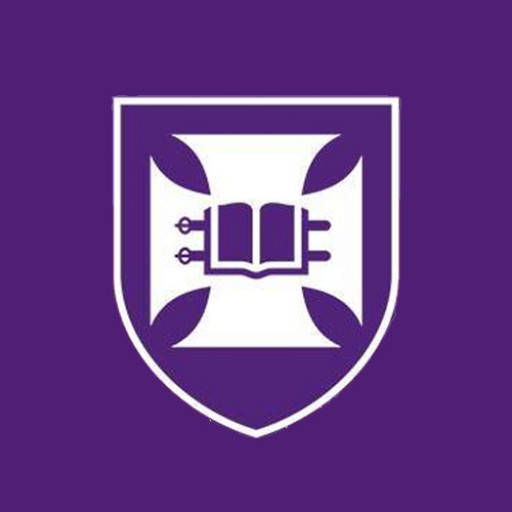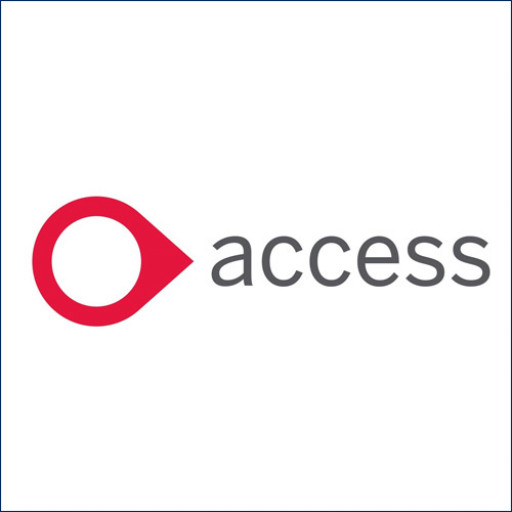This qualification defines the abilities and knowledge required of a composites trades-person within the metal, technology, fabricating and associated businesses, or other businesses where composites tradespersons work. The eligibility was specially designed to meet the requirements of all apprentices in the above trade. The eligibility packaging was created on the assumption that proficiency will probably be developed through a combination of off-the-job learning strategies such as the ones delivered through a formal apprenticeship. The eligibility could also be achieved through formal skills understanding assessment processes.The skills associated with this eligibility are designed to apply to a broad selection of composites work, for example laying up composites, selecting, handling, storing and using components and materials, undertaking repairs and alterations, adjusting resin chemicals and selecting and using joining techniques.This eligibility is intended to supply a market recognised skills profile associated with working as a composites trades-person. Skills development should be undertaken through a Australian Apprenticeship arrangement where the combination of online and off-the-job training will be given from the Coaching Plan related to the Contract of Coaching between the company and apprentice.Assessment of some units of competency needs to, where indicated, include evidence of the candidate's performance in a functioning workplace where there's an acceptable variety of appropriate tasks and substances to insure the scope of application of those components. All outcomes should represent the standard of performance inherent in the job.No certification, legislative or certification conditions affect this eligibility during time of publication. Nevertheless, in certain jurisdictions units within this qualification could relate with regulatory or licensing conditions. Local regulations should be checked.
The Engineering program at GOTAFE is designed to provide students with a comprehensive foundation in engineering principles, technical skills, and practical applications relevant to various industries. Throughout the course, students engage with core subjects such as mathematics, physics, material sciences, and computer-aided design, ensuring a solid understanding of the fundamental concepts that underpin engineering practices. The curriculum emphasizes hands-on learning through laboratory work, workshops, and real-world projects that enable students to apply theoretical knowledge in practical settings.
Students will explore different engineering disciplines, including civil, mechanical, electrical, and environmental engineering, allowing them to develop a well-rounded skill set and identify their specific areas of interest. The program encourages critical thinking, problem-solving, and innovative design approaches, preparing graduates to tackle complex engineering challenges effectively. Throughout their studies, students collaborate on team projects, enhancing their communication and teamwork skills—critical qualities for success in the engineering profession.
GOTAFE’s state-of-the-art facilities and industry connections provide students with opportunities for internships, work placements, and industry engagement, ensuring they gain valuable practical experience and insights into current engineering practices. The program also emphasizes sustainability and ethical considerations in engineering solutions, aligning with contemporary industry standards and societal needs.
Graduates of the Engineering program are equipped with the technical expertise and professional skills required to pursue careers across various sectors, including construction, manufacturing, renewable energy, infrastructure development, and more. The program aims to foster lifelong learning and adaptability, empowering students to continue their professional development throughout their careers. Upon completion, students receive a nationally recognized qualification that opens doors to employment or further study in engineering disciplines. The GOTAFE Engineering program is committed to preparing students to become innovative, responsible, and competent engineers ready to contribute positively to society and industry.
Program requirements for the Engineering qualification at GOTAFE encompass a comprehensive set of prerequisites designed to ensure students are adequately prepared for advanced study and practical application in the engineering field. Prospective students must possess successful completion of Year 12 or equivalent, including units in mathematics, physics, or other relevant sciences, demonstrating a strong foundation essential for understanding core engineering principles. Prior knowledge of physics and mathematics is highly recommended, as these subjects underpin the technical skills required throughout the program. Applicants are encouraged to have basic skills in problem-solving, analytical thinking, and technical literacy to excel in the coursework.
Additionally, certain programs may prefer or require applicants to demonstrate communication skills and the ability to work collaboratively within team environments, reflecting the interdisciplinary nature of engineering projects. In some cases, prior experience or qualifications in related technical or vocational areas may be considered advantageous during the admission process. For international students, evidence of English language proficiency—such as IELTS, TOEFL, or equivalent—is necessary to ensure successful engagement with the curriculum.
Candidates should also meet GOTAFE's general admission criteria, which include complying with health and safety standards applicable to practical training components. As the program involves hands-on laboratory work and industry placements, students are expected to have the physical capacity and necessary health clearances to participate fully. Moreover, adherence to GOTAFE’s codes of conduct and safety policies is mandatory.
While specific subject prerequisites may vary depending on the exact engineering discipline chosen—such as civil, mechanical, or electrical engineering—strong foundational knowledge in science and mathematics is universally essential. Students aiming to gain entry into this program are encouraged to review the detailed admission requirements available on the GOTAFE official website or contact the admissions office for personalized guidance. Overall, the program is designed to build technical expertise, problem-solving abilities, and practical skills, preparing graduates for diverse careers in the engineering sector.
The financing options for the Engineering programs at GOTAFE are designed to provide flexible options for both domestic and international students. Domestic students can typically access government-funded student loans and concession schemes, which may cover tuition fees partially or in full, depending on eligibility criteria such as residency status and prior education. The Australian government offers HECS-HELP loans for eligible students, allowing them to defer payment until they reach a certain income threshold after graduation. Additionally, students may qualify for VET Student Loans, which offset tuition fees for eligible courses, including various Engineering disciplines, making higher education more accessible.
GOTAFE also offers scholarships and bursaries aimed at supporting students financially during their studies. These scholarships may be merit-based or need-based and can significantly reduce the financial burden. Students are encouraged to check the official GOTAFE website and contact the student services department for specific scholarship opportunities relevant to Engineering students. Furthermore, some students may opt for part-time work or internships related to their field of study to fund their education. GOTAFE supports industry engagement and work placement opportunities which can provide income and valuable practical experience simultaneously.
Private financing options such as bank loans or scholarships from external organizations are also available for students who need additional support. International students generally need to demonstrate sufficient financial capacity to cover tuition fees and living expenses, and they often utilize private loans, scholarships, or family support to finance their studies. GOTAFE provides detailed guidance and support services to help students navigate the application process for various funding sources. Overall, the combination of government assistance, institutional scholarships, and personal or family resources forms the core of financial support for students enrolled in Engineering programs at GOTAFE.
The Engineering programs offered by GOTAFE are designed to provide students with foundational knowledge and practical skills essential for a career in the engineering industry. These programs typically focus on various disciplines within engineering, including civil, mechanical, electrical, and Mechatronics engineering, preparing graduates for diverse roles across multiple sectors. GOTAFE's engineering courses emphasize hands-on learning through workshops, simulated projects, and industry placements, enabling students to apply theoretical concepts in real-world situations. The curriculum is structured to cover core engineering principles, safety standards, project management, and innovative problem-solving techniques, fostering both technical proficiency and critical thinking abilities. Students also benefit from access to modern laboratories, engineering software, and industry-standard equipment, which enhances their learning experience and readiness for employment. GOTAFE collaborates with industry partners to ensure that course content remains relevant to current market demands, and often integrates work placement opportunities to build professional networks and practical skills. The programs aim to develop graduates who are not only technically competent but also capable of working in team environments, communicating effectively, and adapting to technological advancements. Upon completion, students receive a qualification that prepares them for entry-level engineering positions or further study at higher education institutions. GOTAFE's engineering programs are suitable for students interested in designing infrastructure, developing new technologies, or improving existing systems, and they support lifelong learning and professional development. Overall, these programs are committed to equipping students with the knowledge, skills, and confidence necessary to succeed in a competitive engineering landscape, making GOTAFE a reputable choice for engineering education in the region.






